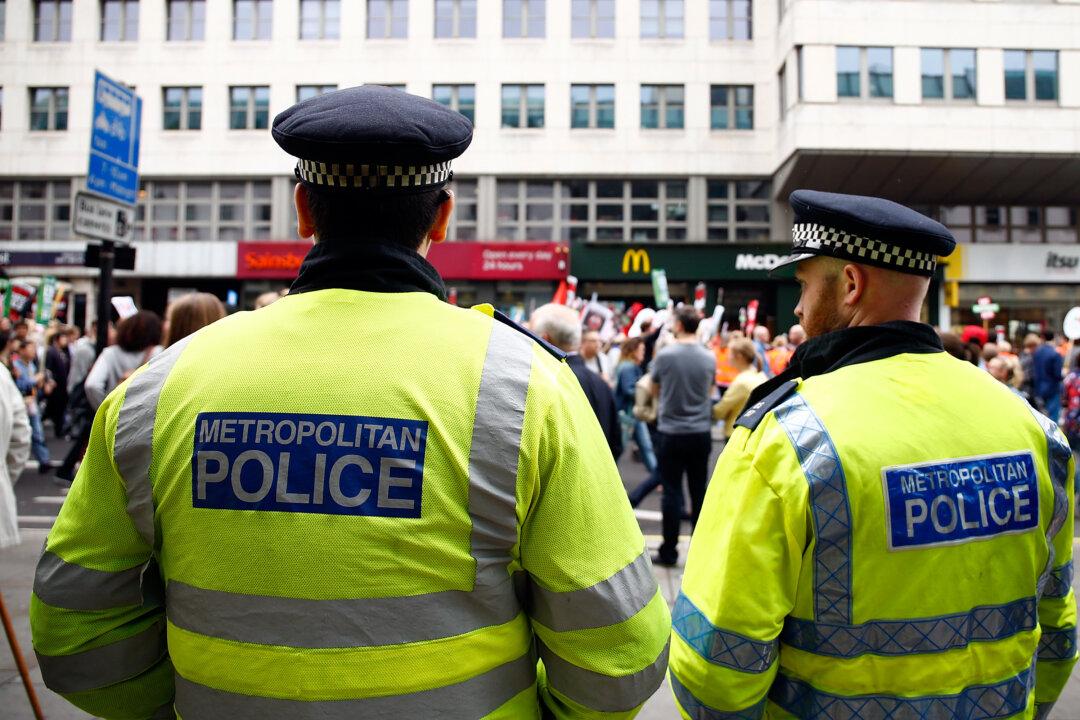Police forces should stop declaring certain thoughts are crimes, the UK’s police watchdog has warned, stressing that “thought crimes” do not exist in the country’s legal system.
Sir Tom Winsor, the outgoing chief inspector of constabulary, said that chief constables cannot “declare something that is not a crime to be a crime” in their force area, as “it is not illegal to think anything.”





